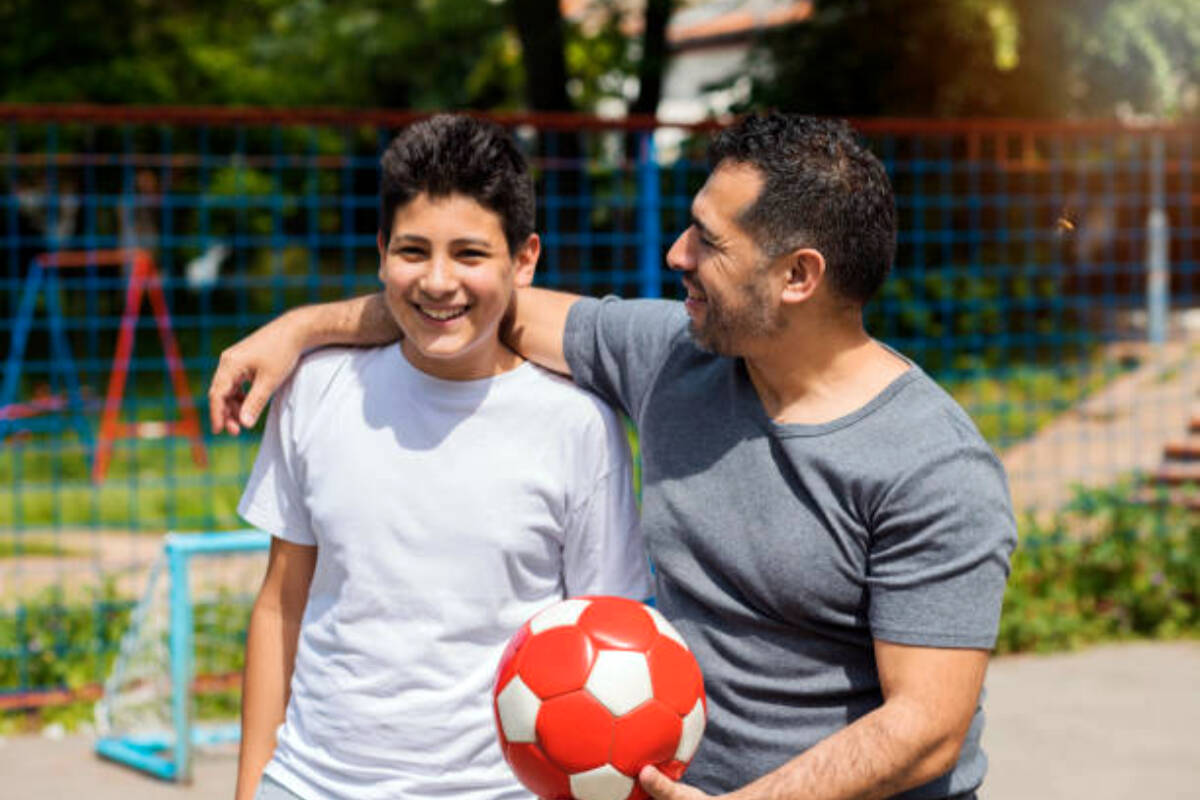The pandemic brought many challenges for families, but the mental health crisis among today’s young adults has been going on for far longer. While teens should be worrying about SAT prep and other age-appropriate concerns, they’re instead navigating a sea of worries, including climate change, gun violence and the general state of the world.
According to the Centers for Disease Control and Prevention’s Youth Risk Behavior Surveillance System, the 10 years leading up to the pandemic saw a 40 percent increase in depression, hopelessness, suicidal thoughts and behaviors in teens and young adults.
Self-medicating to cope with the emotional, mental and physical burden of stress and anxiety has been on the rise. Youth are turning to vaping, drinking or harder drugs for temporary relief.
In other words, the kids are not alright.
If you’re worried about a loved one, or facing your own mental health struggles, the following steps offered by Island County Public Health may help. (Public?) Health has also provided a list of resources for parents and teens at the end of this article, along with hotline numbers for immediate support.
Talk to a healthcare professional:
A variety of resources are available to ensure those who need support can find it – please see the list below. If you have a family doctor, connecting with them can also be a helpful first step.
Take a social media break:
Social media is a useful tool, but it can also have a negative impact on our mental wellbeing. “Unplugging” allows us the time we need to reset, reconnect and be present in the moment. Turn off your phone and go for a walk, get coffee with a friend or visit the gym.
Start exercising:
Physical exercise isn’t just healthy for our bodies, it makes a profound difference in our mental and emotional wellbeing. And exercise doesn’t have to mean a hard workout or playing sports. Simply going for a walk, swimming, biking or even stretching can help us feel better emotionally, physically and mentally.
Make time for real connections:
Humans are social creatures and thrive on in-person connections. Skip FaceTime in favor of visiting friends at a coffee shop or for a quiet walk in the woods. One-on-one interaction with loved ones can help everyone feel safer, more connected and supported.
Is all stress bad stress?
While too much stress, and stress triggered by events out of our control, can result in increased anxiety and mental health problems, not all stress is bad. Feeling stressed can help people feel motivated and prompt them to accomplish tasks they might otherwise avoid. A teen who is stressed about a math test can harness that emotion as a motivator to study, and thus feel more prepared and in control. Life is full of stressful situations and an important part of living a healthy and successful life is learning proper ways to cope.
Healthy coping mechanisms are just the tip of the iceberg for ways to successfully deal with stress. If you or someone you care about is struggling with mental health, don’t be afraid to ask for help. Reach out to a medical professional.
Resources for teens:
southwhidbeycommunitycenter.org
Resources for parents:
Hotlines:
Washington Poison Center: 800-222-1222
Teen Link: 866-833-6546
Trevor Project Lifeline: 866-488-7386
North Sound I’m Hurting Crisis Line: 800-584-3578
Washington Recovery Helpline: 866-789-1511



